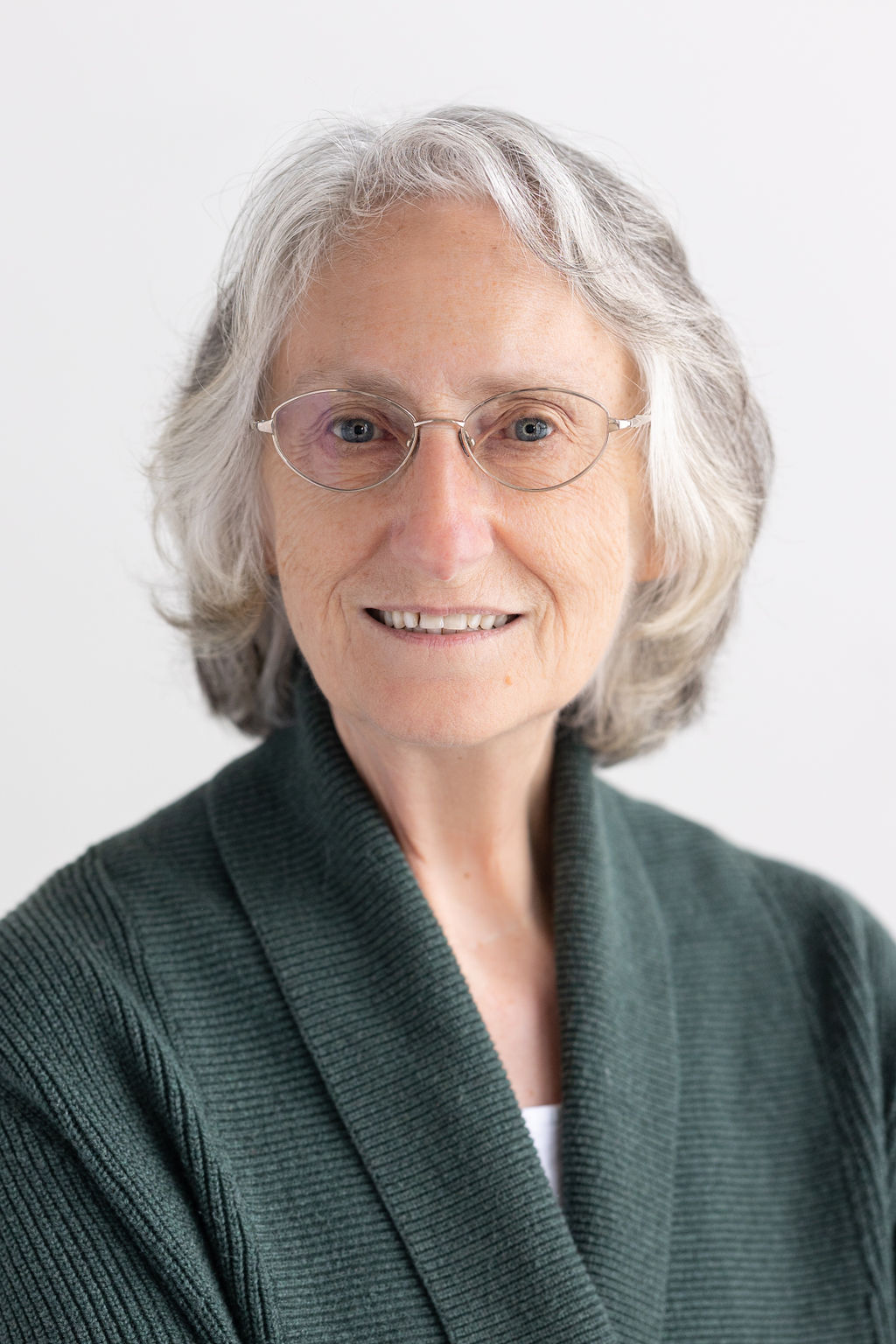
I’ve heard and read that we writers will probably write five times as many words as we’ll end up using in whatever piece of writing we declare “final.” That means “selection,” i.e., which of these words will we use and which will we set aside or discard. It also means “manipulation,” i.e., how will we reword what we keep to encourage the reader to think about these words in the same way as we intend. We call it “clarity,” but it’s a form of persuasion, even propaganda: “Think the way I do.”
We expect to “lie” in fiction, but this applies to non-fiction, too. No matter how desirous we are to “tell the truth” (whatever that is) and stick to “facts,” we still select and manipulate, even with the best of intentions. When we don’t have the best of intentions, what then?
When I think about the narratives of history, which is a form of story-telling (fiction or non), they carry the same slant. Even news reporting, which is sound and vision “bites” on TV, YouTube, and other news sources. Longer pieces, such as articles in the Guardian or a documentary, are, of necessity, selections and manipulations. As a reader, I select and manipulate, too, remembering only pieces of what I absorbed.
I try to counteract this by seeking information from sources from many countries. I recall the 2011 tsunami in Japan, that wall of water engulfing a whole town and the Fukushima nuclear disaster that resulted. Luckily, I receive newscasts on PBS that include one from Japan. I watched that news show to complement what I heard and viewed on PBS NewsHour. The stories were different, the sense of danger and damage differently presented.
I am sadly monolingual. I learned Latin and Ancient Greek in school (not in the U.S.), but French was the only “modern” language and it was presented in the same way as Latin and Greek. We learned grammar and we translated from French to English and English to French. We didn’t speak it. As a result, I read French pretty well, but my speaking French is poor. I have no other languages.
So my ability to connect with news in other languages is essentially non-existent, but has been helped by translations. I regularly watch PBS NewsHour and BBC World News (not the World News America version–the British version) on TV. I watch CBC News on the Internet fairly regularly (again, the English language version). When big news events happen, like Fukushima, I try to watch news from the country of origin. But I’m still unable to eradicate bias and I don’t always know where that bias lies.
Lately, with Ukraine, the news horrifies. That part is real. But I found a story the other day that spoke about how Russians have forced some Eastern Ukrainians to move into Russia and put them in camps, and how, if past history of similar events is correct, they may be tortured, starved, and/or killed. Then there’s the story about a Russian soldier who raped a young Ukrainian woman in front of her four-year-old son. And there are concerns that the predators are moving in to the neighboring countries where Ukrainians have fled to lure men with possibilities of jobs and women into the sex trade.
These stories are less common than stories about the latest bombings and battles. Selection and manipulation. Is this on purpose because the human stories are too hard to hear? Is this unintended bias because the battles are “more interesting” or will garner “more viewers”? Who knows?
And worst of all is intentional bias, the most blatant form being Putin’s “special operation” and the purposeful deception of millions of Russians. That’s a horror that will affect the events of today and tomorrow and change the course of history altogether.
